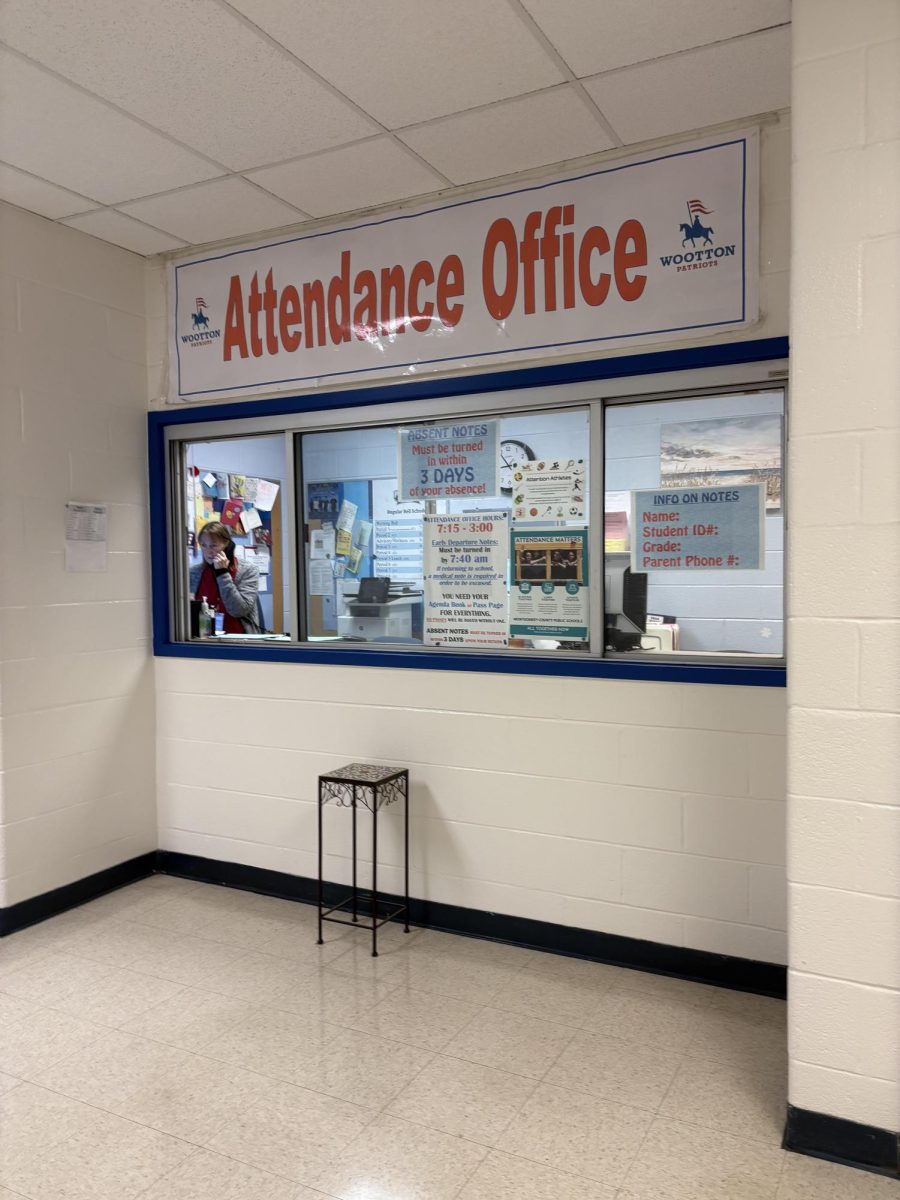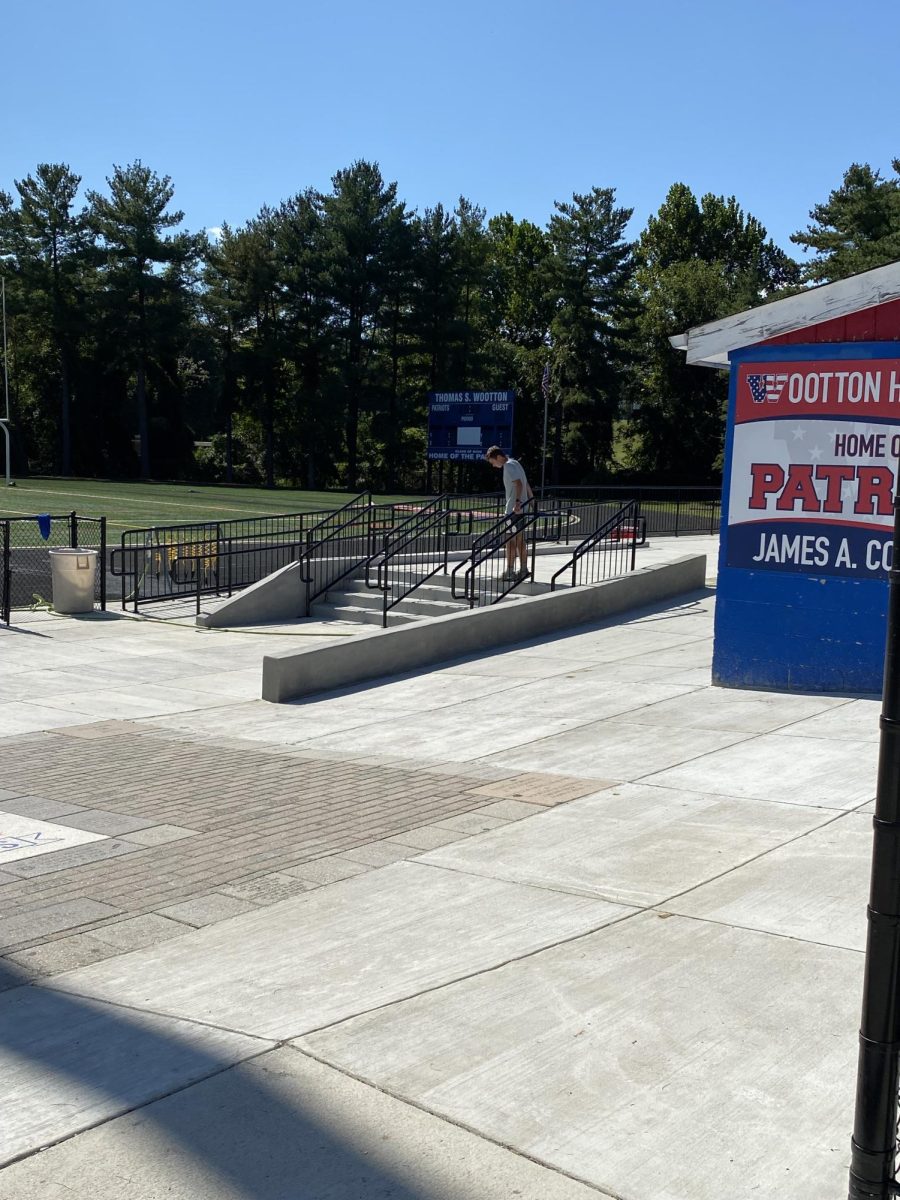The process for first-generation college applicants can be difficult because no one in their family can help with the application process unless they have older siblings. Although first-generation college applicants may have had the same educational background as their classmates, the process can be more challenging.
First generation college applicants are students who are the first in their family to go to college. They are defined as a student whose parents/legal guardian have not completed a bachelor’s degree. To be considered as a first generation college student, the student would have to be the first in their immediate family. “I am a first generation child in my family. I don’t think there is a huge difference from my peers, but I guess one thing is that English has been difficult for me especially grammar,” senior Alex Zhang said.
Depending on the schools students apply to, different schools do offer different first generation scholarships. Each scholarship has different requirements like a minimum GPA or U.S. citizenship. In addition, these students have some benefit when colleges look at their application. The reason that colleges ask about family background is so they can compare to the rest of your application. Looking at your family education can determine if the student qualifies as a first generation college applicant.
Knowing that, it will affect how the college views the student’s high-school background and accomplishments on their application. The fact of being a first generation college applicant student isn’t so colleges will judge their family background, but to understand that their opportunities could have been different from their peers with parents who did attend college. If colleges know that a student is a first-generation college applicant, the accomplishments and background are put into a different context.
When colleges review applications, most schools look at the different aspects that make the student who they are and being a first generation college applicant is a part of that. Colleges won’t penalize you, instead it could be seen as a positive thing and can benefit the student.
There are some benefits to being a first-generation college applicant. “I don’t feel very stressful being the first generation child. I believe what’s different from other kids is their parents are able to give advice maybe about colleges while I’m kind of on my own. However, my counselor and teachers also gave me lots of help so I am not stressful. I do not feel unfair because my parents are still being very supportive, plus I could get help from other people,” senior Viann Hung said.
Looking at a student whose parent or parents have gone to college, their college application can be different compared to someone whose parents did not have that experience. A student who had a parent go to college can get ideas about the process and what to write about whereas a student who is first-generation won’t have that help. When applying, students can ask their parents about their experiences and have them read over their applications, the accomplishments, writing supplements, and other information.
First generation college applicant students can’t do that, instead they have to ask their friends, teachers or college application helpers to review their applications before submitting it. “I feel like I do have more disadvantages than people who aren’t first generation college applicants since I have to figure out the process and what I exactly need to do by myself. However, I am proud of actually being able to go to college, which my parents couldn’t do,” senior Yerin Han said.







